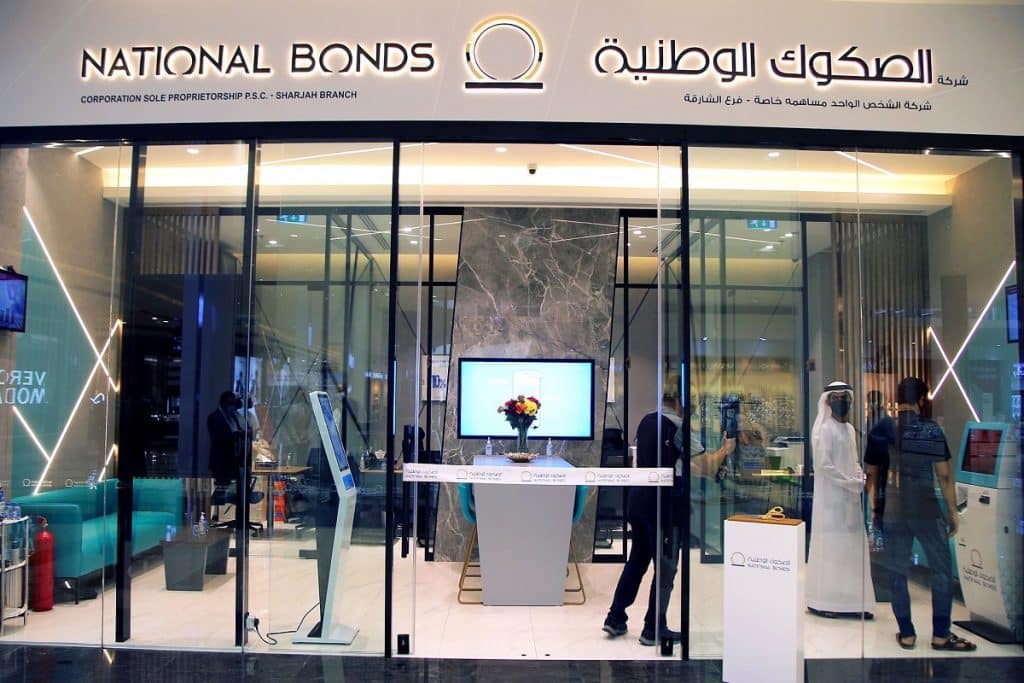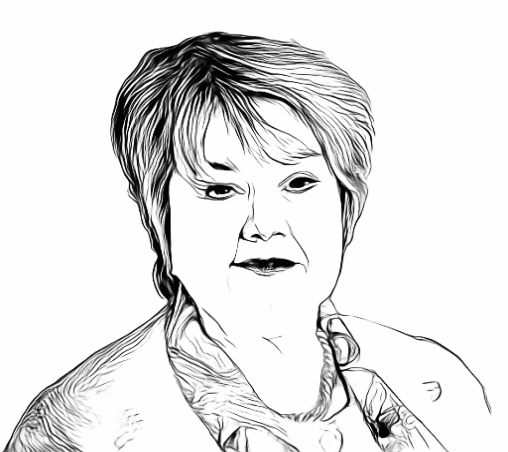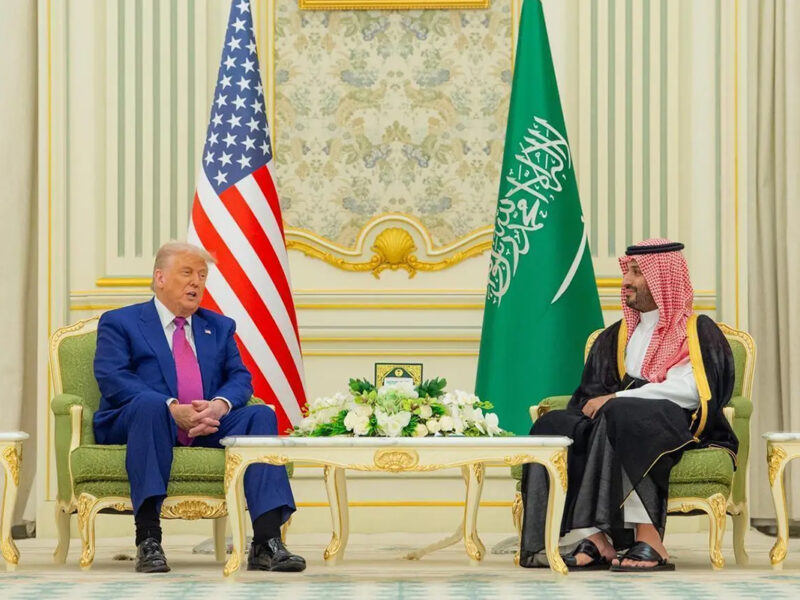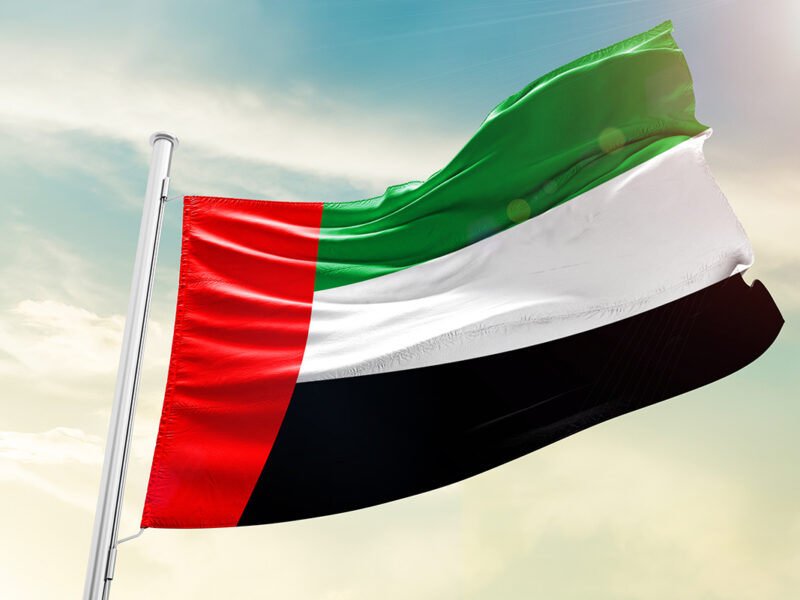It is a long time since I was 18, but I still remember the financial impact of the gift (a sewing machine) that I was given by my parents for my 18th birthday. At the time, it was a great help in making my student finances go further. I still have a photo of me at an undergraduate ball in Oxford wearing a long pink dress made on that sewing machine from a pair of curtains I bought in a charity shop.
But possibly my parents could have done better? One mother I know bought her daughter a very different 18th birthday present – a weekend seminar with a reputable financial planner. Sounds boring? No – this was an inspired gift. Financial literacy is a very critical part of anyone’s life.
What is financial literacy? Keeping accurate information about money is simply maths, not financial literacy. Understanding whether you should make a purchase is financial literacy. It is literacy, not maths, that transforms lives. Finance is the filter through which things operate, but the competencies you should develop are critical thinking (should I buy this? What financial goals should I have?) and consciousness (knowledge of what you are spending/earning and why).
Financial literacy can affect your life in many different ways. It can affect how much of your money you keep, how well you can make it work for you, the lifestyle you can afford to lead, and your entire future and that of your children, if you have any. Yet all the research shows that Generation Z –the demographic cohort succeeding Millennials, roughly those born between the mid-to-late 1990s and the early 2010s – seem to lack financial literacy.
According to a 2019 financial literacy survey by Visa, 43 percent of respondents in the UAE aged between 16 and 24 said they are not ready to manage their own money, while 53 percent said schools did not prepare them enough to take care of their finances. Why? And does it matter?
According to the Organisation for Economic Cooperation & Development (OECD), financial literacy is a core life skill required for participating in modern society. Many academic studies support this. People with low financial literacy are more likely to have problems with debt less likely to participate in the stock market, less likely to choose mutual funds with lower fees less likely to accumulate wealth and manage wealth effectively and less likely to plan for retirement.
Financial literacy is critical for promoting access to finance, and creating an environment in which positive financial behaviour (eg saving, budgeting, or using credit wisely) will flourish. OECD’s financial education programmes, cover topics such as budgeting, saving, managing credit, and learning to negotiate.
They rightly point out that national strategies for financial literacy are complex, multi-year, multi-stakeholder public policy projects that can strongly benefit from comprehensive evaluation designs, and in 2022 published their evaluation of how some countries are getting on. Although not a part of the evaluation, it would have served well to look at the UAE due to its multicultural and multinational population.
Promoting financial literacy in the UAE
We have lots of good examples here. The UAE developed a three-month literacy programme called Ghaya for UAE nationals. The Abu Dhabi government developed it in partnership with the Abu Dhabi Global Market Academy, the London Institute of Banking & Finance, and the UAE Banks Federation.
In 2022, HSBC and the non-profit organisation Injaz UAE teamed up to provide financial education for young people to teach them how to save, budget, and make smart money decisions. The initiative pairs educators from youth-focused NGO JA Worldwide and HSBC volunteers with groups of pupils in classrooms, community centres, and online.
Finally, in 2022, National Bonds, an investment company owned by the Investment Corporation of Dubai, entered into a partnership with Taaleem, one of the country’s leading education providers, to empower children of all ages with essential financial planning skills. The partnership is part of its initiative to promote financial literacy amongst the UAE’s youth.

Nearly all of our students here in Dubai are Generation Z, and while we don’t teach financial literacy as a credit-bearing course, I like to think that we are developing skills such as critical thinking, which will make them approach personal finance more knowingly. If you have younger children, I suggest starting with financial literacy as early as possible.
For busy parents, and especially busy working mothers, investing time in training your children about money can be seen as a luxury. But one idea that I suggest is the four-step method. You give your child a fixed sum of money per week (increased each year of their life) and then require them to ‘allocate’ it to four specific areas.
- Pot 1: ‘charity’ – 10 percent to be spent at a charity event/shop or donated to charity directly.
- Pot 2: ‘spending money’ – 30 percent can be spent on anything the child wants.
- Pot 3: ‘something special’ – 30 percent to be saved towards something they really want; every six months, the children can spend from this pot.
- Pot 4: ‘long-term savings’ – 30 percent goes into a bank or building society to be spent when the children are older.
Finally, if you’ve left it a bit late, then maybe on their 18th (or 21st?), the best birthday present of all – A session with a financial planner.










